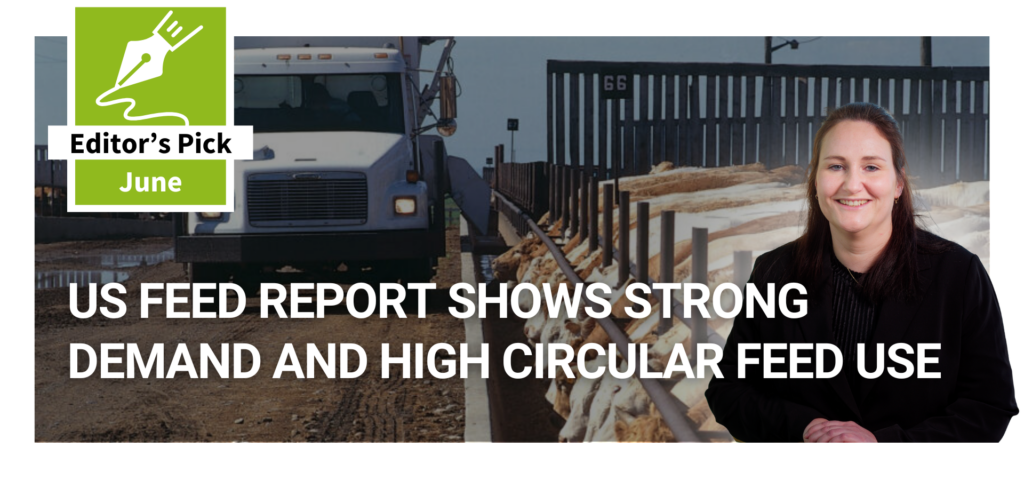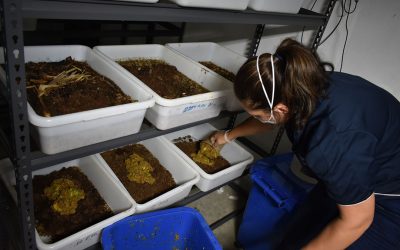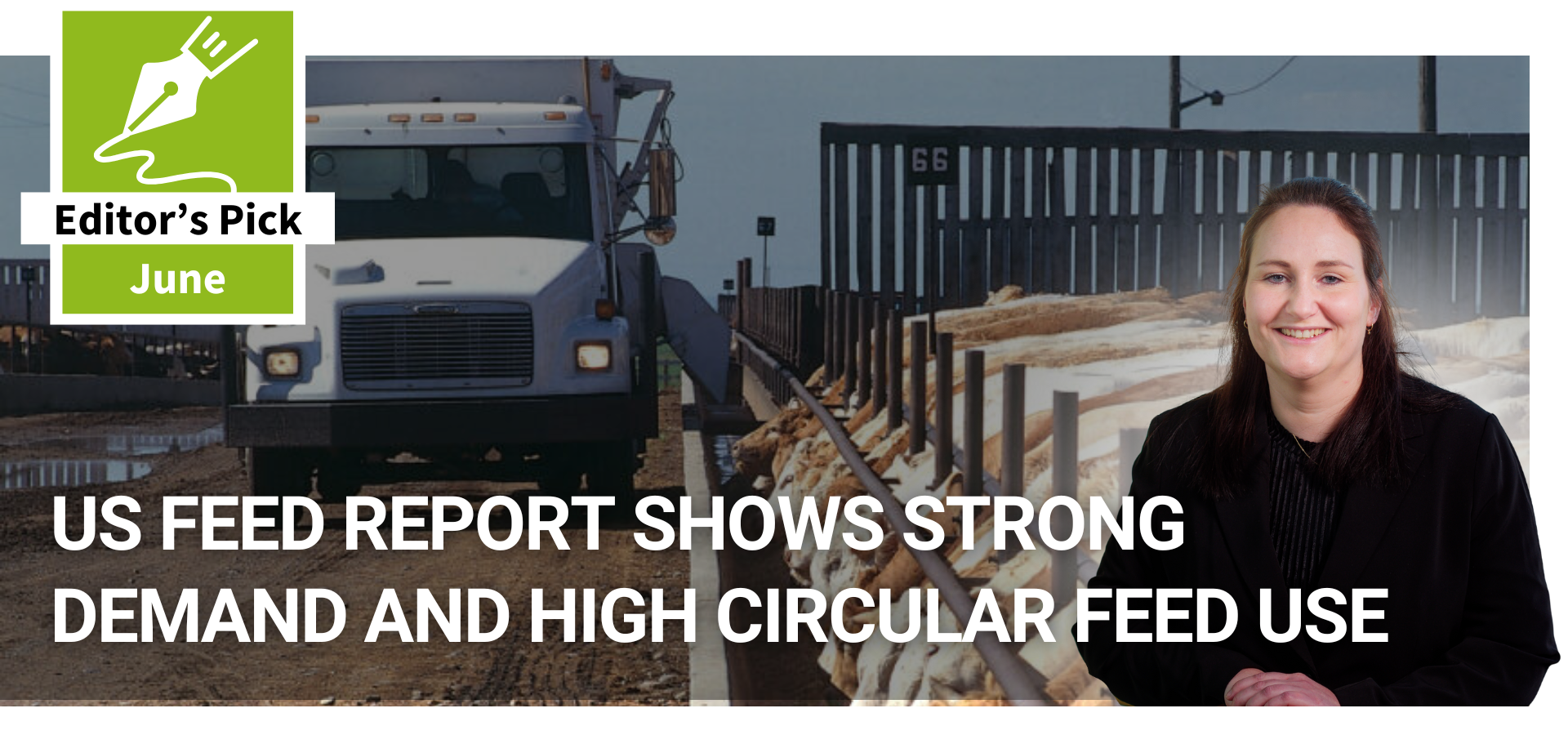Australian GM label call criticized
A senate hearing in Australia has been told that opposition to genetically modified (GM) crops is being driven by “a non-scientific, fact-free, alarmist and scaremongering” minority in the community.
The Senate Community Affairs Committee is investigating proposed legislative amendments that would compel food producers, manufacturers and distributors to label food for presence of GM materials.
But Food Standards Australia New Zealand (FSANZ) chief executive, Steve McCutcheon, said the legislation was looking to establish a labelling standard inconsistent with existing arrangements and for a purpose unrelated to food safety.
FSANZ did not approve food items, including GM foods, that were unsafe, and it was already mandatory for GM food labelling so shoppers could make informed choices.
But GMs were not labelled for safety reasons, because “the safety of those products is already approved”.
CropLife Australia chief executive, Matthew Cossey, whose organisation represents the Australian agricultural chemical and biotechnology sector, said GMs were already subject to rigorous scientific analysis, by local regulatory authorities and internationally.
Anti-GM lobby
Asked by Independent Senator Nick Xenophon if he thought it was irrational for consumers to want to know if their food was GM or approved GM, Cossey slammed the anti-GM campaign.
“I believe senator that if you look at all the agreed evidence, that in fact any generation of concern over approved GM in food products is driven by a non-scientific, fact-free, alarmist and scaremongering section of the community,” he said.
“I believe it is a minority and I’m not too sure that it serves the public good or a public policy good, particularly considering the broader importance of food labelling.
Cossey said unnecessary regulation linked to “equally unnecessary cost burden” was a potential threat to the agricultural technology’s success.
Impractical rules
The Australian Food and Grocery Council claimed the bill proposed an “unprecedented, costly, and impractical approach” to label for an occasional presence of components at very low levels, with “no public health implications, and of only passing interest to most consumers”.
However, Greenpeace, represented via teleconference by its GM wheat campaigner, Claire Parfitt, told the inquiry it wanted regulatory loopholes tightened so highly processed and other foods could be identified for any GM presence.
Source: The Land











